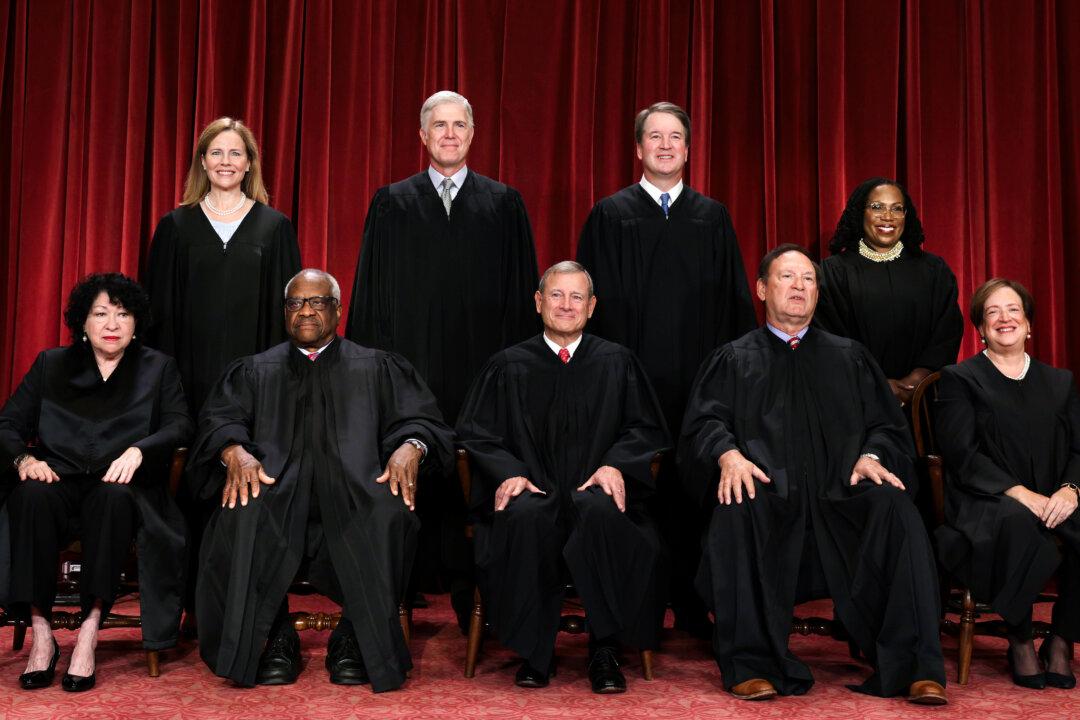The U.S. Supreme Court appears likely to preserve a federal gun law that bars individuals under certain types of domestic violence restraining orders from possessing guns.
The top court heard oral arguments on Tuesday in the case United States v. Rahimi, which looks at the legality of the federal statute. The Fifth U.S. Court of Appeals ruled in favor of the plaintiff, Zackey Rahimi, who carried out multiple shootings while he had a restraining order against him, and the court cited the Supreme Court’s 6–3 ruling in the landmark case New York State Rifle & Pistol Association v. Bruen, which established that people have the constitutional right to carry a gun for self-defense outside the home.





